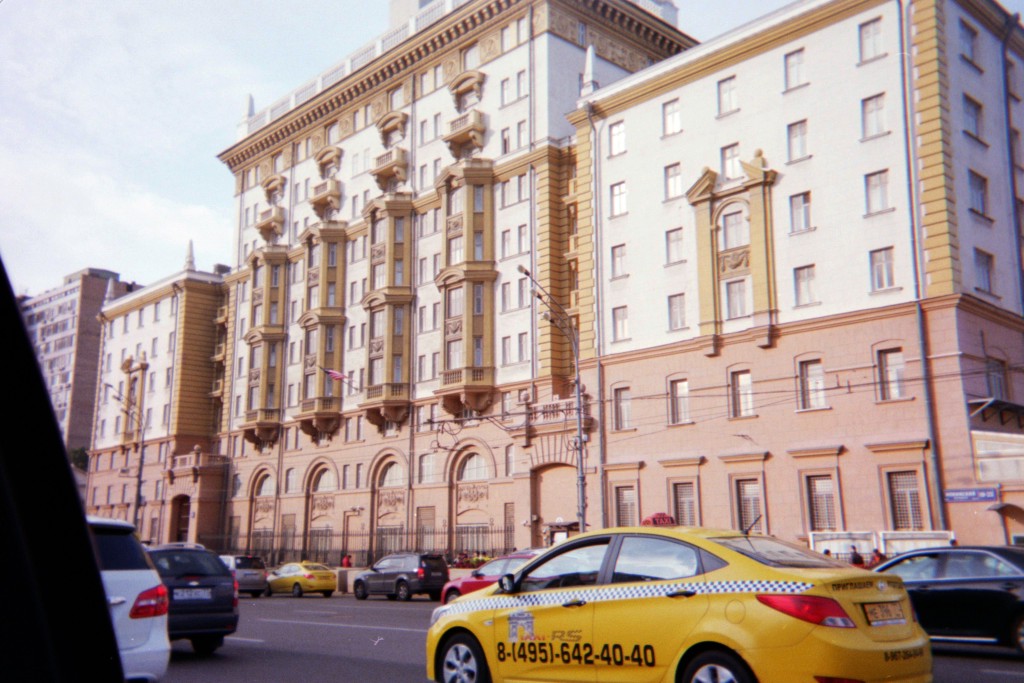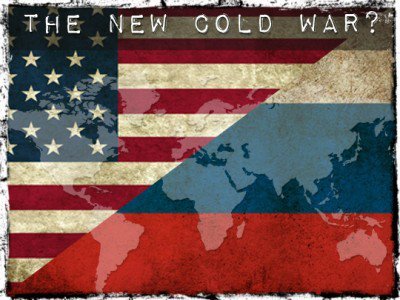
When I read the commentary of Russian liberals in the English-speaking press, I often wonder at the lack of depth in understanding of the United States that is reflected in their writing. The latest example is a piece by Maxim Trudolyubov from Meduza – a Russian liberal opposition outlet which is based in Latvia.
Trudolyubov implicitly holds up the United States (and the rest of the west) as some kind of paragon of normalcy and democracy:
“Faith in the inevitable democratization of all countries is a thing of the past — even in the West. American political scientists started to suspect a long time ago that they were looking at the world in a simplistic manner and that authoritarian regimes wouldn’t necessarily transform into liberal democracies.”
He goes on to lament how critics of Russia tie themselves in academic and journalistic knots trying to describe the Russian political-economic system since it’s supposedly so alien to any other. Should Russia be called a kleptocracy? A predatorial state? How about a mafia state?
It is asserted at one point, paraphrasing some Hungarian analysts, that none of the terms thrown around quite captures the Russian system because the nature of its corruption, bureaucratic disconnection from the public good, etc. is so profound and stubborn that attempts by supposedly normal and democratic countries to advise Russia and its post-Soviet kin countries on how to address these problems are doomed to failure:
“Based on this thesis, Magyar and Madlovics criticize the Western approach to fighting corruption in the post-communist world. When European countries apply sanctions against mafia states or give them lessons in how to fight corruption, they proceed from the assumptions that politicians in these countries want to resolve this problem but don’t know how to do so correctly. In actual fact, these politicians know how to fight corruption, but only the corruption that’s outside of their control and isn’t orchestrated by them.”
Trudolyubov goes on to suggest that there is a major discrepancy between how the Russian political class officially presents itself to the world and what really goes on behind the scenes:
“In recent years, academic work and investigative journalism have enriched our understanding of what lies behind the country’s official facade significantly. Public discussion about this dichotomy is long overdue. But those who are safer adhering to the official image of power and those who are aware of the magnitude of the gap between the facade and reality have no common space or common language for discussion.”
The implication throughout the article seems to be that the United States (and other western “democracies”) doesn’t have this kind of discrepancy in how it officially presents itself and how it really operates. It’s always understood that the western democracies, particularly the United States, are the standard-bearers of honest and democratic government. I often find myself wanting to ask these writers what information they are basing their assessments of the United States on because it doesn’t have much relationship to reality.
Let’s start with government corruption in the U.S. At the federal level – and to a lesser degree at state and local levels – a system of legalized bribery is how politicians get elected to office. It costs millions, even billions of dollars, to successfully run for federal public office. Most of that money comes from corporations, the wealthy and their PAC’s. Candidates who can’t compete in raising that kind of money don’t get elected and wealthy donors expect something in return for their investment. This system has several legal justifications, starting with the legal idea in 19th century jurisprudence that corporations have the same constitutional rights as human beings. Then in 1976 a Supreme Court decision, Buckley v. Valeo, equated money with speech. The Citizens United v. FEC decision in 2010 reinforced the worst aspects of the money-is-speech and corporations-are-people precedents. The organization opensecrets.org maintains a database of who funds politicians. It isn’t pretty.
As for managed democracy, not only do politicians not get elected if they can’t raise huge war chests full of money, candidates who don’t belong to either of the two major parties (Democrat and Republican) are effectively barred from participating in televised debates for the presidency due to the rules for qualification. When third party candidates can’t participate in debates, then they can’t raise their profiles, leading to a self-reinforcing loop that keeps them from becoming viable.
Scholars from Princeton and Northwestern Universities documented in a 2014 paper that the United States is not a democracy but an oligarchy in which average citizens and organizations representing their interests have little to no influence over policy at the federal level. Instead policy is influenced by the wealthy and corporations – i.e. the donors to the expensive political campaigns mentioned above.
A few more interesting facts that Russian liberals who gush over the United States might want to consider:
Civil asset forfeiture. Think Russian bureaucrats and police are unique in getting money away from the average Ivan or Joe? Think again. Civil asset forfeiture in many states in the U.S. allow law enforcement officials to confiscate a person’s property, possessions, and money by claiming that the seized assets were involved in a crime or were the proceeds from a crime. Even if there is no conviction, it is often extremely difficult to get the money or property back.
Militarization of police. The protests that filled streets in every major American city after the police killing of George Floyd in the summer of 2020 were the result of years of increasing militarization of police forces throughout the United States. These militarization policies have been legalized through Supreme Court decisions and facilitated by the federal government’s giving military grade weapons to civilian police departments throughout the country and the Department of Justice’s subsidizing of training exchanges between U.S. police departments and the Israeli Defense Force.
Death penalty. The U.S. is one of a small minority of nations (along with Iran, Iraq, Egypt, Saudi Arabia, Oman, Qatar, India, Taiwan and China) that still practice the death penalty. In the past year, the federal government and at least one state have been attempting to bring back into practice barbaric methods of execution, including electrocution, gas, and firing squad. Sure to make any liberal feel warm and fuzzy, right?
Incarceration. The U.S. incarcerates more of its population, over 2 million people, than any other nation in the world.
Poverty. In relation to other OECD nations that are comparable in overall wealth, the U.S. has the worst poverty rate.
Russia has many problems and Russian citizens have every right to be concerned about them. However, many of the most prominent Russian liberal writers need to take off their rose-colored glasses about the United States. This may also make it easier to put their own country’s problems in a more realistic perspective.
